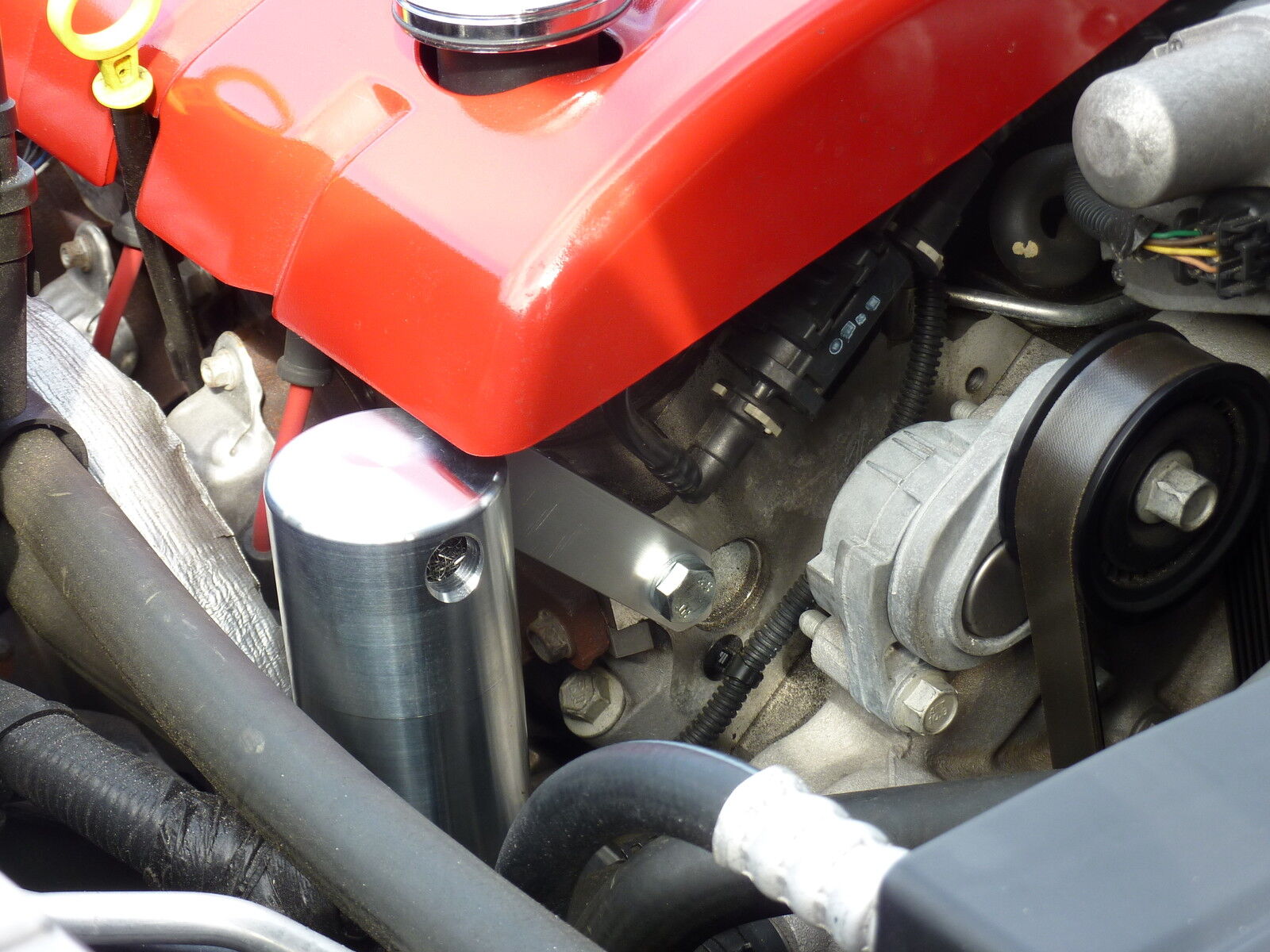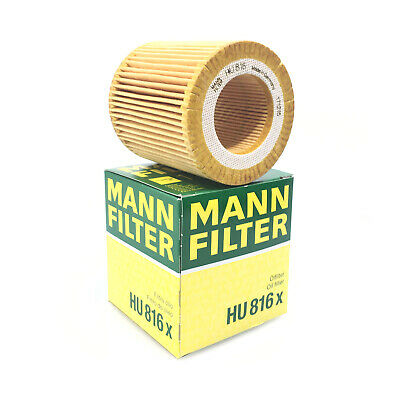-40%
UPR Black Billet Catch Can Direct Bolt-On Fits Pontiac GTO & Corvette
$ 68.63
- Description
- Size Guide
Description
PONTIAC GTO & CORVETTE BILLET OIL CATCH CAN SEPARATOR BLACK***
GoodYear Braided Hose, Satin Hose Ends, Nickel Fittings
***
Part Number:
5032-18-1-PS
MFG Retail:
$ 209.99
Item Finish:
Show Quality Black Finish
Fits Models:
GM Pontiac GTO Holden Monaro LS1 LS2 - Chevy Corvette LS7 Z06 -
Chevy Trailblazer SS LS2
Fits Years:
Pontiac: 2004 2005 2006 - Chevy Corvette: 2005 2006 2007 2008 2009 -
Chevy Trailblazer: 2006 2007 2008 and many newer vehicles
Items Included
:
* Billet Catch Can inventory in stock and ready to ship *
6oz Capacity (
upgrade
FREE
)
UPR Nickel Fittings (
upgrade
FREE
)
UPR Angle Bracket
UPR Billet Catch Can
UPR HP Braided Hose (
upgrade
FREE
)
UPR Patented Diffuser Upgrade (
upgrade
FREE
)
New 4.6 inch Tall x 2.75 inch Top x 2.5 inch tapered bottom
Knurled easy-open easy-close design that you just snug to close
CHECK OUT the UPR Catch Can Installation Instruction section on our website
What is the problem with your PCV system ?
The Positive Crankcase Ventilation (PCV) system is used to recycle the gases that leak or “blow-by” the your engines piston rings and create a positive pressure in the crankcase. By venting these gases along with oil mist/vapor from the crankcase and route it back into the intake manifold so it can be burned off.
This is a poor fix from automobile manufacturers, because over time the excess oil vapor collects along the inside of the intake tract and forms a “sludge”. This leads to a variety of issues including carbon build up, retarded timing, detonation, power loss and even engine failure.
UPR s fix for the PCV system used on many engines for reducing toxic gases from being released into the atmosphere and eliminating positive crankcase pressure / Blow-By.
What does a UPR Catch Can do ?
UPR s Billet Catch Can / oil-air separator will condense and collect the oil vapor before it has any chance to reach the intake tract. As the gas and oil vapor enters UPR s can they pass through a Chambered filtering system that cools the oil vapor and gives it something to adhere to.
Then the oil forms into droplets and collect in the bottom of the UPR Catch Can so that they can later be drained. This is where the additional Chambered filtering system comes into play allowing only the clean air to pass through so it can eliminate unwanted blow by.
All engines have blow by otherwise there would be no need for a PCV system on your engine. PCV = Positive Crankcase Valve, which eliminates Positive Crankcase Pressure. UPR s Catch Can has become one of the most widely used and recommended cures for just about every application.
The engine size and horsepower level is not relevant to the performance of the UPR Catch Can. UPR s Catch Can has become a cornerstone by improving the Performance and Economy on any vehicle you install it on.
Installation Instructions (
See images for installation help
)
1. Remove the factory passenger fuel rail cover.
2. Passenger side front intake you'll see a 11/32 hose from the intake to engine its the crank case to intake, remove that hose.
3. Locate the bolt in the front of the passenger side cylinder head at the top, the only thing this bolt holds up is a ground wire.
4. Remove that bolt (13mm socket) from the head.
5. Connect the two 3/8” lengths of hose to each of the barbed fittings on the catch can.
6. Attach the mounting bracket to the top of the car with the provided allen head bolt.
7. Using the provided bolt mount the catch can to the front of the head with the barbs facing the engine.
8. The round
spacer goes between the bracket and cylinder head. Make sure the ground strap stays attached to the head.
9. Connect each 3/8” hose to the port on the intake and valley cover port (see listed pictures).
10. The UPR can does not have an in and out so it doesn't matter which hose is connected to which port
11. Double check your connections, level the catch can and tighten the mounting bolt.
12. Press the fuel rail cover back into place and the installation is complete.
NOT FOR SALE/USE IN CALIFORNIA & CARB STATES. ORDERS CANCELLED & REFUNDED
Returns are only accepted within 30 days and only if a Return Merchandise Authorization (RMA) has been issued.
All returns MUST be brand new and in their original, unopened packaging. (Item returns may
be
subject to restocking fees)
UPR Products reserves the right to refuse any package returned to us without authorization. Returns/Refunds are processed within (30) business days of receipt (not incl
.
holidays, weekends, transit time, or day package was delivered.)
Special order items, item hardware, rebuild kits. replacement parts, emblems or decals are not able to be accepted for return.
If a free shipping item is returned, the original outbound shipping will be deducted from the refund. The customer is also responsible for return shipping.
If a customer refuses or is not available for an item, they will be charged the return shipping fee by the carrier. If a free shipping item is refused or missed, the outbound shipping will also be deducted from the refund.
C
hanges
of
address or
entering an
incorrect address
placing an order, the customer is responsible for any address change/correction fees billed by the carrier.












